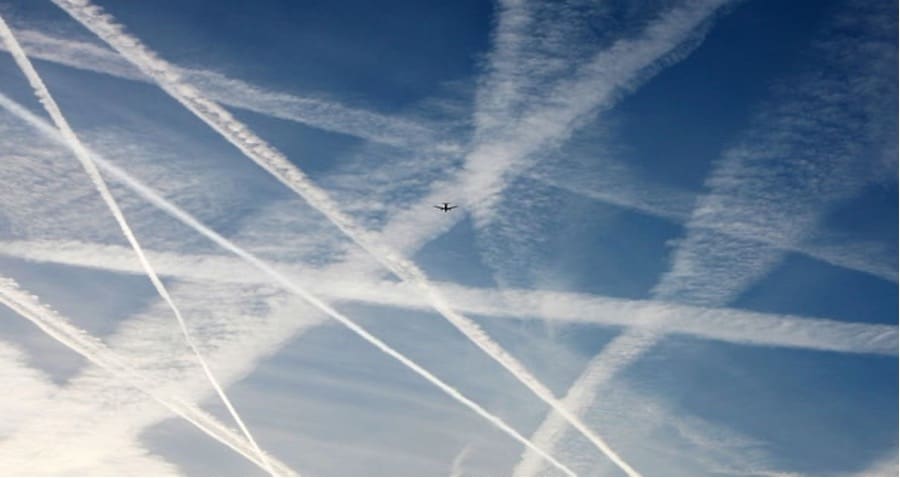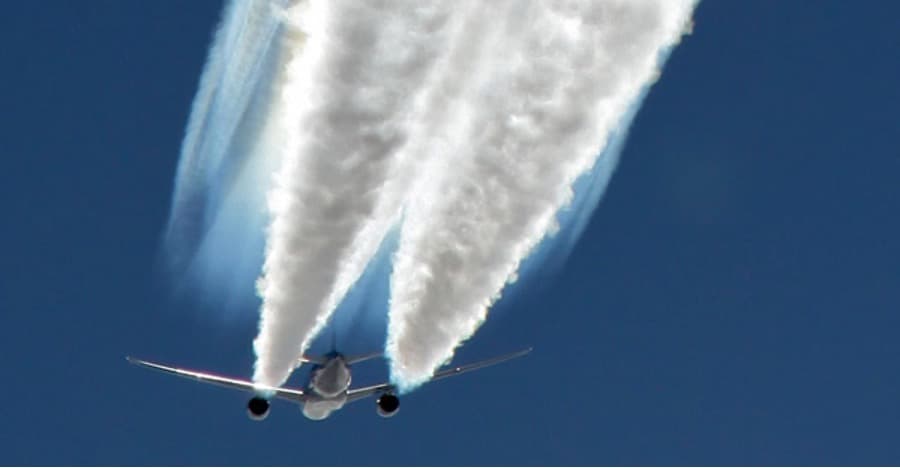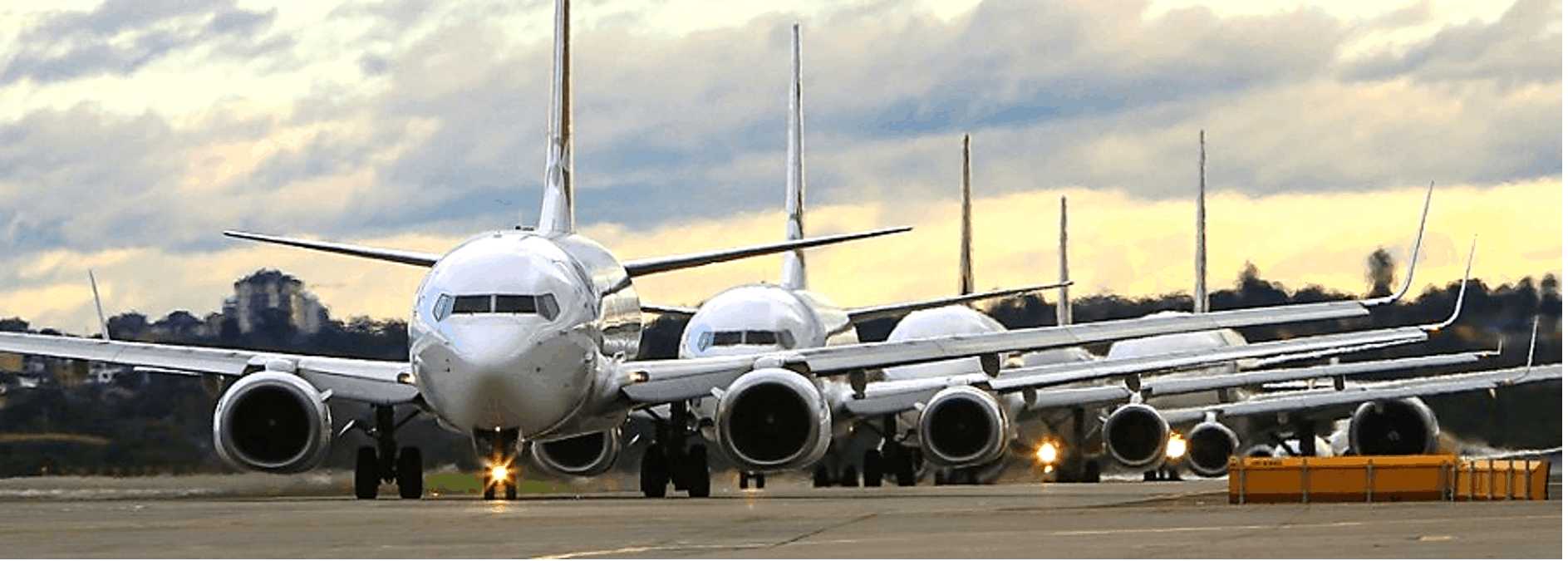In the first half of the 19th century, the American naturalist and writer Henry David Thoreau wrote ‘Thank God men cannot fly, and lay waste the sky as well as the earth’. He might think differently now.
Flying is a wonderful means of transport, with many benefits. It has linked people and countries across the world. It is a lifeline for many isolated communities. It speeds important and urgent deliveries, and enables families to keep in contact.
The problem arises from the rapid growth of cheap flying that is only economically sustainable by being ever-increasingly taken up. And unfortunately, Britain holds an unenviable world-beating record. In 2018, Britons took more international flights than any country in the world. Air travel may now be more democratic but the growing pollution is the unsustainable downside.
The Covid pandemic has reduced aviation pollution in the short term but airlines are eager to get back into business on as big a scale as possible. In 2018 the International Air Transport Association predicted that passenger numbers would double to 8.2 billion by 2037. Even if forecasts are reduced with changing circumstances, any growth towards that figure is not good news.
We hear a lot about environmentally-friendly electric or hydrogen-powered aircraft and eco-fuels but such fixes are too far off to be of any value in the critical short term, and unlikely to make much impact anyway against the predicted growth in flying.
The planet is unwell and, like with many human illnesses, we should not defer currently-available treatment in hope of a possible future remedy. We must act fast now and not wait for a future fix.
The demand for flying must reduce and airlines must work within a new reality. They need to be an environmentally sustainable service rather than a growth and profit-focused business. Frequent-flyer incentive programmes should end. Instead, there should be a frequent-flyer levy, so that travellers taking more than one flight a year pay more. But that can only be a start. A carbon tax on flying, along with all pollution emitters, would help drive the innovation and change urgently needed.

Most flights are taken by a small minority of people, and mostly not for essential or arguably reasonable purposes. They take a big chunk out of our collective carbon budget and also contribute massively to individual carbon footprints – one passenger’s long-haul return flight equals the annual emissions of individuals in many countries right around the globe. And aviation fuel, unlike motor fuel, is tax-exempt, so the minority who fly are also being subsidised by those who don’t.
It is certainly the case that governments and corporations must make the big changes that are going to be effective in tackling the climate crisis. Individual actions will not be enough. However, it has also been individual actions that have helped get us into the situation we face.
There are many ways of reducing our personal impact on the environment, and reducing the number of times we fly is one powerful way to do it. Whatever we can do, we need to do it, and do it soon. As Robert Swan, polar pioneer, puts it – ‘The greatest threat to our planet is the belief that someone else will save it.’


